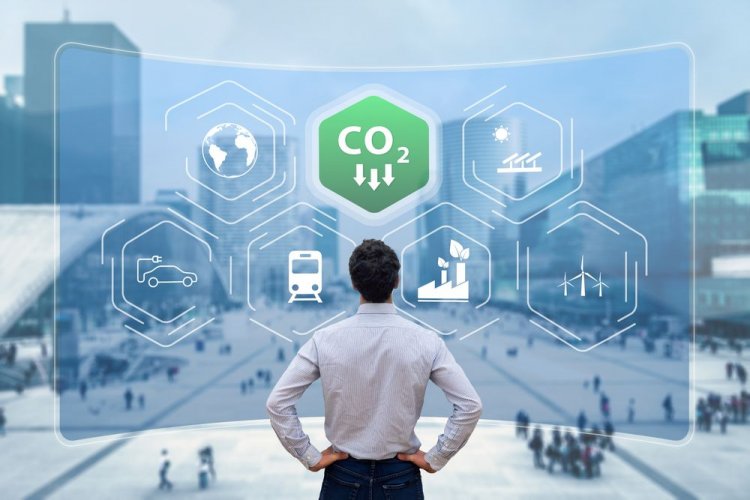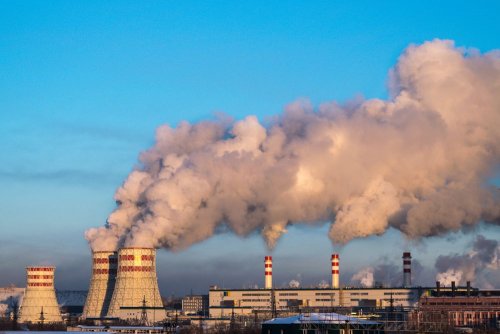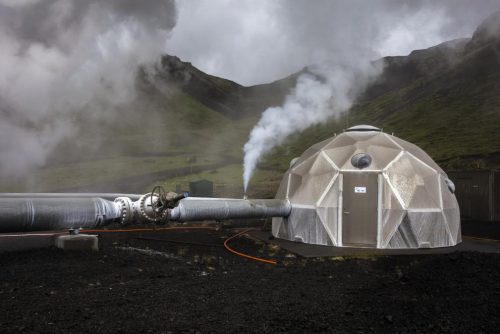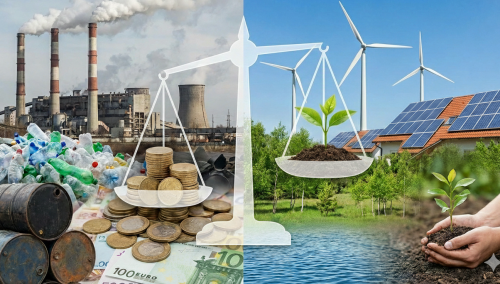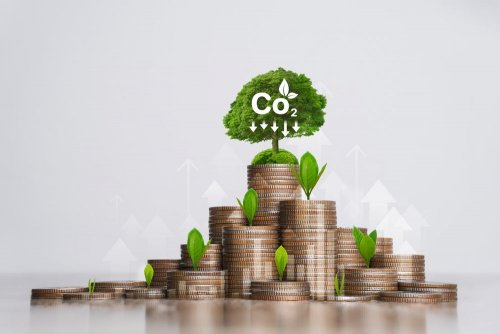Some of the world's companies seeking to achieve climate neutrality have chosen the path of unique transformation, that is, they plan to avoid carbon emissions, rather than offset them through the emissions trading system.
After all, to play a significant role in decarbonization, networks, competition and services must be rethought, reports The World Economic Forum.
The article noted that reducing greenhouse gas emissions is a key element in the fight against climate change. Carbon trading has become one way for governments and companies to reduce their emissions. It is designed to provide economic incentives to encourage organizations to reduce their environmental footprint and is a legally binding scheme. Calculated by individual governments and politicians, it aims to put a price on CO2 in line with the cap-and-trade principle.
This results in carbon prices ranging from less than $1 to over $140 per tonne of CO2 equivalent.
“When it comes to carbon trading, the challenge is to work in isolation within your own company. Many companies are still trying to do it on their own. While this is possible with internal processes and those controlled by companies, it is not an option in a global enterprise network. The lack of standards and various rules make these efforts slow and difficult, which greatly affects efficiency," the article says.
The authors identified 4 main problems for companies:
- energy transition;
- digitization;
- constancy;
- political programs.
The article emphasized that carbon trading is only part of global decarbonization. After all, it is necessary to take into account the volumes of direct and indirect scope 1, 2 and 3 emissions and emissions in the value chain.
“Management of Scope 1 and 2 emissions is already a challenge due to the lack of data and, accordingly, the need to use assumptions for reporting. It may work for now, but the huge amount of data will not be possible in the future. New approaches are needed, especially for processing even more complex Scope 3 emissions," the material emphasized.
Richard Philcox, Head of Product and Principal Product Owner, Product Management Solutions at SAP, explained that Scope3 is a "major headache" for many companies because:
- they go beyond the direct ownership of the company, which makes it difficult to control them;
- it is difficult to collect the necessary data about them;
- it is not clear who in the supply chain is responsible for these emissions and therefore for reducing them.
The article emphasized that neither digitization nor sustainability can be achieved only with the help of technology and software.
"In the future, we will see many new startups and companies adopt an even broader understanding of 'service.' "Instead of buying software licenses, companies will increasingly buy a service as a result, for example, 'decarbonisation as a service,'" the authors believe.
They added that this will not happen anytime soon, as companies will first have to provide access to their data and have a deep understanding of their operations. However, transparency will increase over time.
The material stressed that emissions trading would also affect the real-time cost of production, which could derail the deal.
Earlier, EcoPolitic wrote, that the analysts predicted increasing the average price of carbon emission permits in the EU for 2022-2024, as high gas prices lead to greater use of coal.
As EcoPolitic previously reported, the president of the European Commission, Ursula von der Leyen rejected Poland's call for a temporary suspension of the ETS (emissions trading systems) to stabilize the electricity price.

